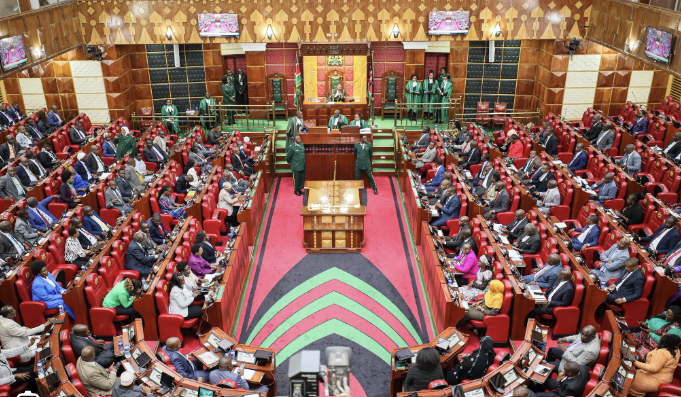
In a move stirring alarm across the digital sphere, the Kenyan State is preparing to wield sweeping powers to shut down websites and social media accounts deemed “rogue” under a proposed overhaul of the Cybercrimes law.
The controversial changes would allow investigators to act before harm is proven, sparking fierce debates about censorship, surveillance, and civil liberties.
Power to Close Before Crime: A New Legal Mechanism.
Under the proposed amendments, investigators would no longer wait for illegal content to spread before seeking action. Instead, they could petition courts to order immediate takedowns of platforms, websites, or social media pages even in anticipation of potential misuse.
As part of the change, a government body—likely the National Computer and Cybercrimes Co-ordination Committee (NC4)—would be empowered to issue blocking directives. With the stroke of a pen, mere suspicion of misconduct could lead to digital blackouts.
Critics argue this shift hands the State a preemptive strike tool, effectively turning enforcement into censorship. Surveillance advocates warn the law could be weaponized to silence dissent, restrict media, and undermine Kenya’s constitutional right to free expression.
Legal Foundations, Radical Expansion.
The current legal backbone is the Computer Misuse and Cybercrimes Act, 2018, which criminalizes the creation or dissemination of “false, misleading or alarming” digital content, among other offenses. The proposed amendments amplify enforcement authority by granting:
Proactive blocking powers: shutting down content before offense materializes.
Broader scope of “prohibited content”: vague definitions invite controversy.
Judicial shortcuts: lesser burdens of proof for takedown orders.
State discretion over digital space: limited appeal mechanisms and oversight.
Digital rights groups argue the amendments depart sharply from constitutional guardrails, placing checks and balances under severe strain.
Freedom of Speech vs. National Security: A Fractured Balance.
Supporters of the changes defend them as essential to counter rising cybercrimes, misinformation, scams, and threats to national security. Lawmakers insist Kenya must modernize its digital justice tools to keep pace with technology and criminal actors.
Yet opponents see a playbook for tech censorship. Among them:Media houses and digital publishers warn of chilling effects on journalism, commentary, and whistleblowing.Civil society and human rights defenders foresee a slippery slope toward digital autocracy.
Analysts compare this move to global trends where regimes cloak censorship in “cybersecurity” rhetoric. One rights advocate pointedly asked: “Who gets labeled rogue?” That line, they warn, may stretch to include political critics, bloggers, or social media users.







